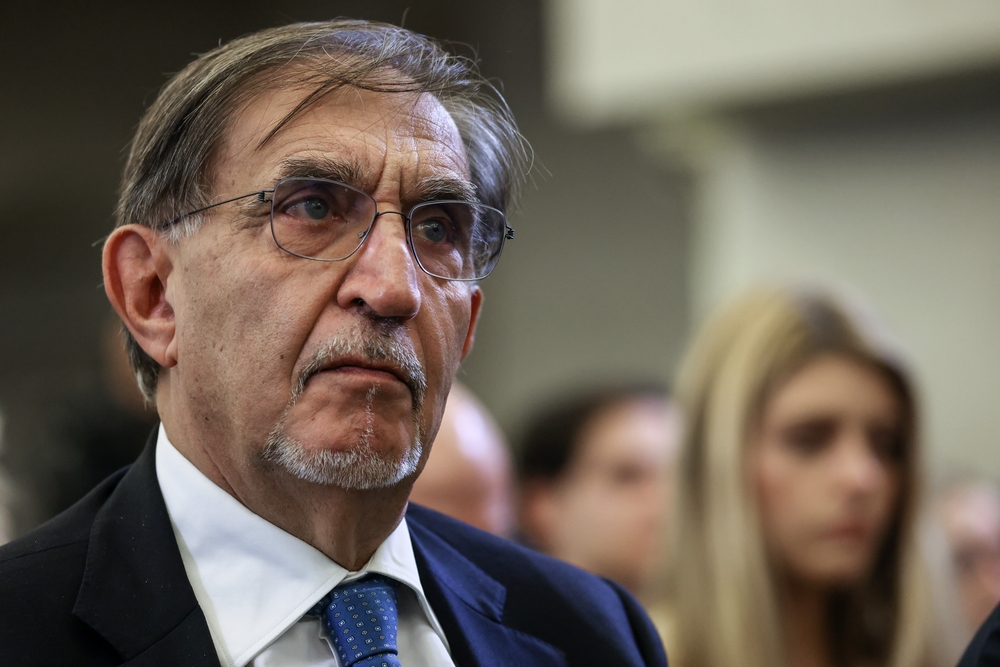Ignazio La Russa, the President of the Italian Senate, has expressed his frustration over the ongoing dossier culture in Italian politics during an interview with Paolo Del Debbio on Diritto e Rovescio. While he claims not to have any concrete suspicions, he admits to having “some ideas” about the scrutiny faced by himself and his family, particularly concerning allegations involving his children. He specifically cites Giorgia Meloni, declaring, “We must put an end to this disgusting practice.”
La Russa’s comments come amidst serious concerns about the implications of recent phone tapping incidents that have raised eyebrows. Notably, a request for information about La Russa was made on May 19, 2023, the night before a significant event: his son Leonardo Apache’s encounter with a girl who later accused him of rape. La Russa asserts that he and his family only learned of the allegations 40 days later, as the complaint was filed well after the incident occurred.
While the intercepted communications seem to suggest that the investigation was focused more on his elder son, Geronimo, than on Leonardo, La Russa’s comments hint at deeper suspicions regarding the motivations behind the inquiry. He questions whether the case against his son was orchestrated by external forces, stating, “This date is very suspicious; it cannot be a simple coincidence.” His insistence on uncovering who commissioned the surveillance reflects a broader concern about privacy and the integrity of political figures.
La Russa demands accountability, urging those involved to disclose the source of the investigation. “It’s even more important to know who initiated the spying on my children than the facts themselves,” he said, emphasizing the need for transparency. When pressed about the possibility of evidence such as invoices from the company involved in the investigation, Equalize, he acknowledged that while there may be paperwork, there could also be unreported dealings.
Despite the gravity of the situation, La Russa strives to maintain a measured tone, avoiding inflammatory rhetoric while aligning with his party’s political stance. He acknowledges the majority of magistrates as fair-minded but expresses concerns that sometimes ideology can overshadow the law. As investigations continue, the case remains open, with La Russa determined to seek clarity on the motives behind the alleged dossier culture targeting his family.

